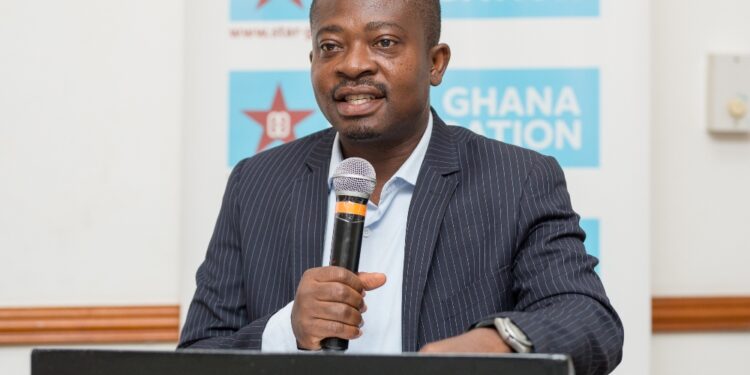AGI CEO Urges Strategic Investments in Industry and Agriculture Amidst Declining Donor Support
The Chief Executive Officer (CEO) of the Association of Ghana Industries (AGI), Seth Twum-Akwaboah, has emphasized the need for Ghana to redirect its economic policies towards self-sufficiency by prioritizing strategic investments in industry and agriculture.
Speaking on the sidelines of the National Economic Dialogue (NED), Mr. Twum-Akwaboah noted that Ghana had long anticipated a decline in donor support and should have channeled previous assistance into productive sectors to build resilience.
“We foresaw this way back. We knew that these donor supports would not be there forever. What is important is how we channel support into productive areas with a multiplier effect so that when external assistance is withdrawn, we are resilient enough to sustain economic activities,” he said.
According to the AGI CEO, past investments have not adequately targeted critical areas such as industry and agriculture, leading to weak economic linkages and reduced sustainability.
However, he believes the current situation presents an opportunity for the country to look inward and strengthen domestic production.
“If there is no donor support, how do we ensure that we create opportunities for our own companies, industries, and agriculture? When we do that, we will create jobs and generate taxes,” he stated.
He stressed the importance of value chain development, particularly in agriculture, to ensure that industries can efficiently off-take locally produced raw materials at competitive prices.
Business Environment Must Be Conducive
Beyond sectoral investments, Mr. Twum-Akwaboah called for a conducive macroeconomic environment to support businesses, emphasizing the need for stability in key economic indicators such as inflation, interest rates, and the exchange rate.
“If the macroeconomic framework is not right—if inflation is high, borrowing costs are excessive, and the cedi is volatile—it becomes difficult for businesses to thrive. Government must create the right conditions to enable businesses to operate competitively,” he argued.
Additionally, he highlighted the importance of stable electricity and efficient logistics as essential factors within government control that can either facilitate or hinder private sector growth.
Expectation for Budget Policy Reflections
With the Economic Dialogue taking place ahead of the national budget presentation, Mr. Twum-Akwaboah expressed hope that key recommendations from stakeholders would be incorporated into fiscal planning.
“We are assuming and hoping that the input from this dialogue will reflect in the budget. It is important that these discussions translate into actionable policy measures that will be implemented to reset the economy,” he said.
He also underscored the need for a clear strategy, defined institutional roles, and a robust monitoring mechanism to track implementation progress.
The Economic Dialogue is expected to produce concrete recommendations to inform government policies aimed at achieving long-term economic stability and growth.








